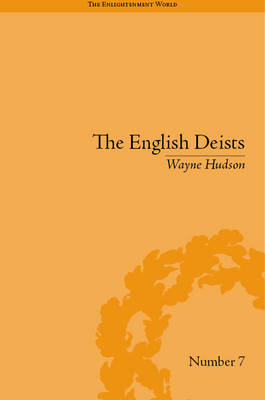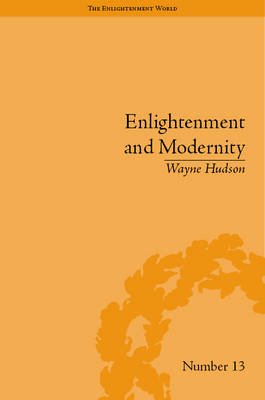The Enlightenment World
2 primary works
Book 7
Hudson reinterprets the works of an important group of writers known as 'the English deists' including: Charles Blount (1654-1693), John Toland (1670-1722), Anthony Collins (1679-1729), Matthew Tindal (1656-1733), Thomas Woolston (1669-1733), Thomas Morgan (nd-1743), Thomas Chubb (1679-1747) and Peter Annet (1693-1769), as well as the 'father of English deism', Herbert of Cherbury (1583-1648). Historians tend to assume that these figures accepted deism as a totalising outlook. Hudson, however, argues that this interpretation reads Romantic conceptions of religious identity into a period in which it was lacking. Adopting a distinctive position with implications for contemporary debates about the Enlightenment, Hudson contextualizes these writers within the early Enlightenment, which was multivocal, plural and in search of self definition.
Book 13
The writers known as the English deists were not simply religious controversialists, but agents of reform who contributed to the emergence of modernity. The existing literature claims that these writers advocated a failed ideology which itself declined after 1730. Hudson, however, argues for an evolution of their ideas into a more modern form, one less indebted to classical antiquity and the Renaissance. He further claims that these writers promoted political, social and cultural reforms over a wide area. Indeed, so far from merely writing minor pamphlets, they provoked shifts of public philosophy and practice of European significance.

